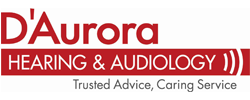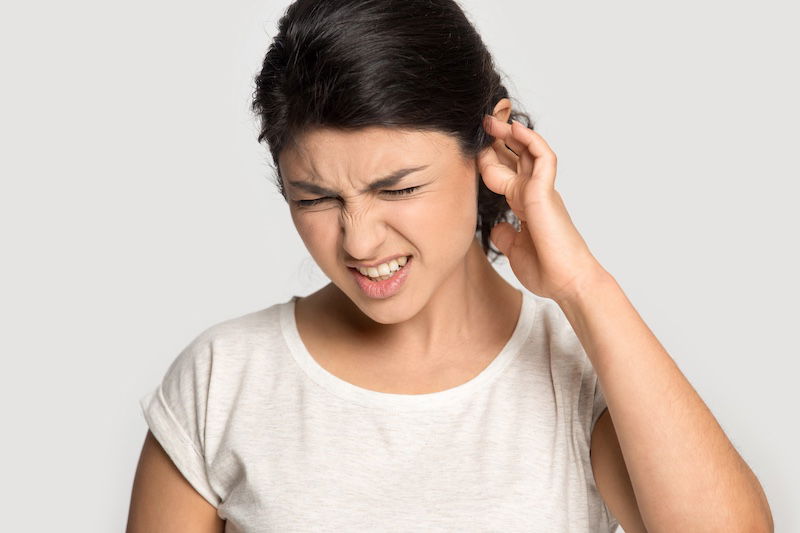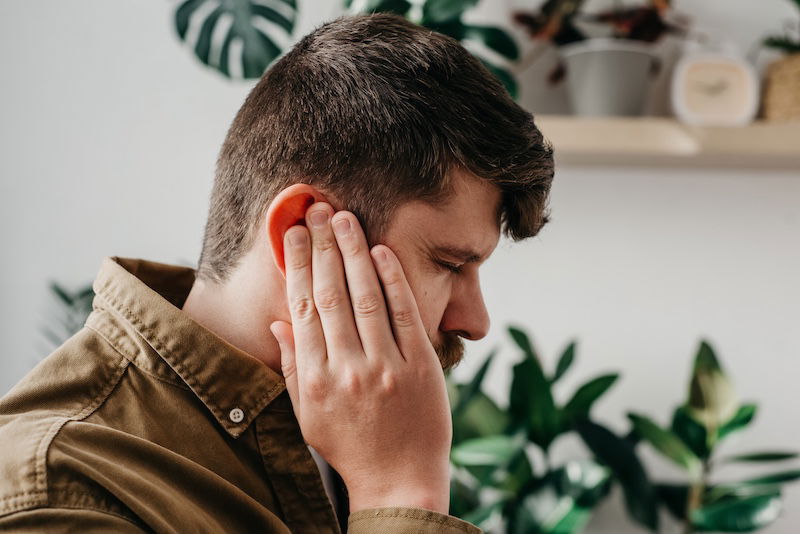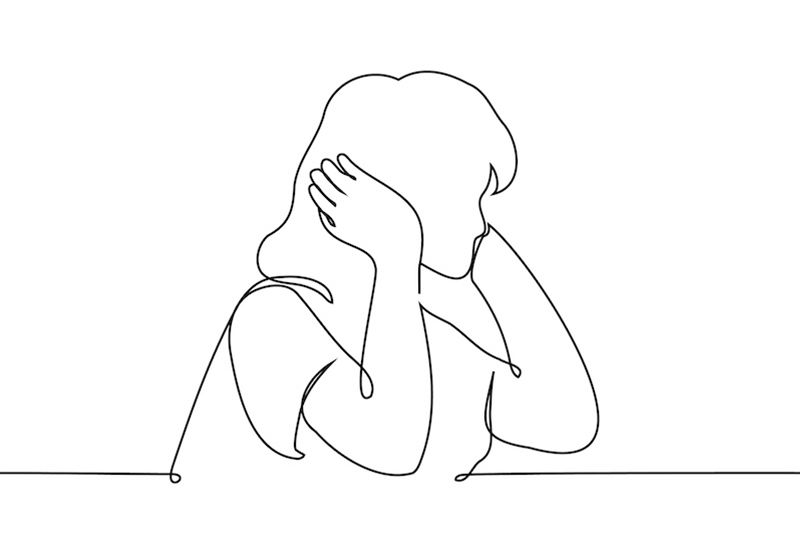If you’ve ever experienced the sensation of clogged ears, you know how frustrating it can be. Whether it feels like your ears are full of pressure, muffled, or completely blocked, the discomfort can interfere with your daily life. Fortunately, understanding the common causes of clogged ears can help you determine the best way to relieve the problem.
Common Causes of Clogged Ears
Your ears may feel clogged due to a number of reasons, including:
- Earwax Buildup
Earwax (cerumen) is a natural substance that protects your ear canal from debris and bacteria. However, excessive earwax can harden and cause blockages, leading to muffled hearing and discomfort. - Sinus Congestion
A cold, flu, or allergies can cause sinus inflammation, leading to a feeling of fullness in your ears. This happens because the Eustachian tubes—small passages that connect the middle ear to the back of your throat—become swollen or clogged. - Changes in Air Pressure
If you’ve ever felt your ears pop while flying, diving, or driving through high-altitude areas, you’ve experienced barotrauma. Rapid changes in pressure can prevent your Eustachian tubes from equalizing properly, causing a clogged sensation. - Middle Ear Infections
Bacterial or viral infections can lead to fluid buildup in the middle ear, causing pain, pressure, and reduced hearing. This is more common in children but can affect adults as well. - Swimmer’s Ear
Water trapped in the ear after swimming or bathing can create a moist environment that promotes bacterial growth, leading to inflammation and clogging. - Temporomandibular Joint (TMJ) Disorders
Issues with the jaw joint, such as TMJ dysfunction, can cause ear-related symptoms, including pressure and a clogged feeling due to the proximity of the joint to the ear canal. - Acoustic Neuroma
In rare cases, a benign tumor on the auditory nerve can cause ear fullness, along with symptoms like ringing in the ears (tinnitus) and hearing loss.
How to Relieve Clogged Ears
The right treatment depends on the underlying cause. Here are some effective methods:
- For Earwax Buildup: Over-the-counter ear drops can soften wax, allowing it to exit naturally. Avoid using cotton swabs, as they can push wax deeper. In severe cases, a healthcare provider can remove the wax safely.
- For Sinus Congestion: Staying hydrated, using a saline nasal spray, or taking antihistamines or decongestants can help clear the sinuses and relieve pressure.
- For Air Pressure Changes: Chewing gum, swallowing, yawning, or using the Valsalva maneuver (gently blowing while pinching your nose) can help equalize ear pressure.
- For Ear Infections: If an infection is bacterial, your doctor may prescribe antibiotics. Viral infections usually resolve on their own, but pain relievers can help manage symptoms.
- For Swimmer’s Ear: Dry your ears thoroughly after swimming. Using a mixture of equal parts vinegar and alcohol as ear drops can help prevent infection. If pain or swelling persists, see a healthcare professional.
- For TMJ Disorders: Applying warm compresses, practicing stress-relief techniques, or using a mouthguard (if grinding teeth at night) can help alleviate pressure and discomfort.
If your ears remain clogged for more than a few days, or if you experience pain, hearing loss, dizziness, or ringing in your ears, consult a healthcare professional. They can diagnose the underlying cause and provide the appropriate treatment.
Final Thoughts
Clogged ears can be bothersome, but in most cases, they are temporary and treatable. By identifying the cause and using the right remedies, you can restore comfort and clear hearing. For more information about why your ears might feel clogged and to set up an appointment with our hearing specialist, we invite you to contact our office today.




